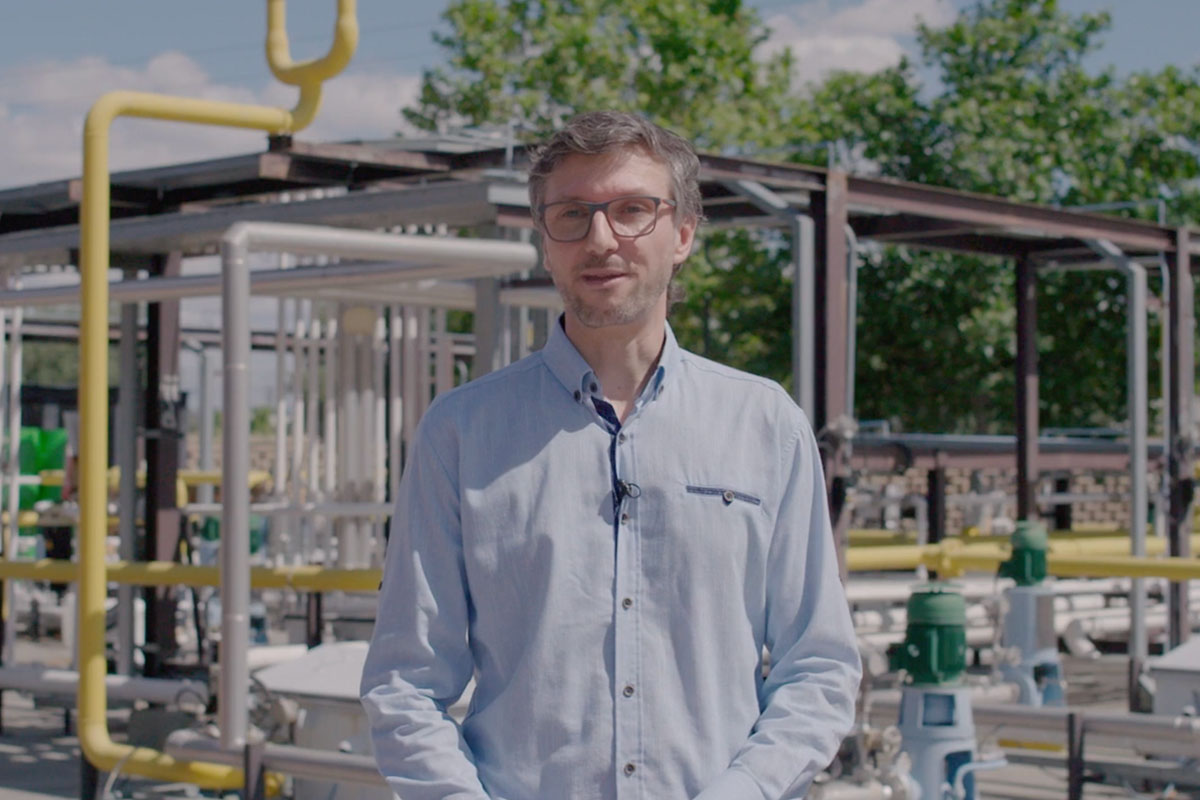Carbon Capture, Use, and Storage (CCUS)
Carbon Capture, Use, and Storage (CCUS)
Technology, one of the main ways to curb climate change
Technology, one of the main ways to curb climate change
We are convinced that it is the driving force behind the energy transition, which aims to meet energy demand without increasing CO2 emissions.
In order to become carbon neutral, it will not be enough to stop emitting CO2, but we will need technology to capture and reuse it, help us to be more efficient, find new ways of generating and consuming energy and create new products from waste.
We are currently pursuing new technological developments that will allow us to advance the energy transition in an orderly and sustainable manner: Carbon Capture, Use, and Storage (CCUS) technology, green hydrogen, e-fuels. Additionally, we are exploring other natural climate solutions for reaching net zero emissions by 2050 such as emissions offsetting through reforestation.
Technological initiatives for promoting CCUS
Oil and gas will continue to play an important role in the energy transition and CCUS will make it possible to reduce emissions in the electricity sector or other energy-intensive industries. We help develop these technologies as a member of the OGCI through the investments made by OGCI Climate Investments fund.
Another initiative involves promoting the circular economy. This model guarantees sustainable growth as it fosters resource optimization, feedstock consumption reduction, and waste recovery.
We continue to innovate, and at the Technology Lab we work on research projects to capture CO2, store it, and use it as a raw material.
Beyond technology
Beyond technology
We offer our customers the option to share in the offsetting of emissions associated with the use of our products through mechanisms based on Natural Climate Solutions or the participation of Fundación Repsol in Sylvestris, a company specialiszng in CO2 absorption projects through large-scale reforestation.
Carbon offsetting
Carbon offsetting is an environmental commitment initiative that neutralizes CO2 emissions by contributing to projects that capture or prevent CO2 emissions into the atmosphere. We currently offer our fuel customers the Net Zero Emissions Commitment program which offers voluntary carbon offsetting linked to each refueling.
Reforestation
Forests play a fundamental role in the fight against climate change, fixing carbon dioxide in their tissues, and preventing it from remaining in the atmosphere. At Repsol, we show our commitment to reforestation by participating in different initiatives.



